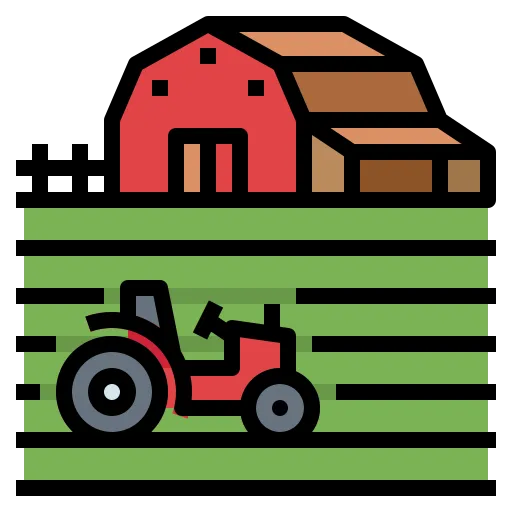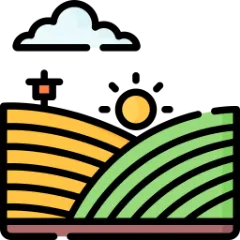Publications
Categorías
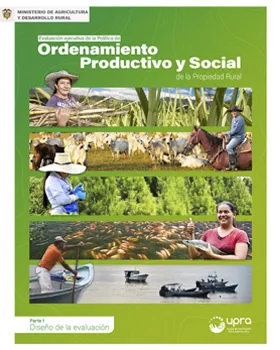
According to the "Guide for Policy Evaluation" (Sinergia and DNP, 2012), within the program cycle, executive evaluation is a midterm evaluation instrument. This methodology allows the inspection of execution aspects and program operation. It can be carried out during the implementation stage or in the ex-post phase of the program, when products and services have already begun to be delivered to beneficiaries.
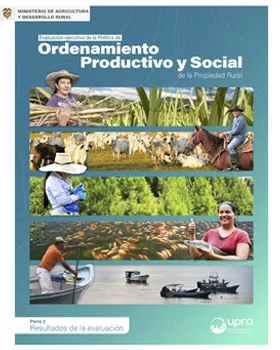
The evaluation of policies is an activity that allows assessing the performance of public actions and interventions which, through a structured framework of obtaining and analyzing information, facilitates feedback and generates results that support decision-making.
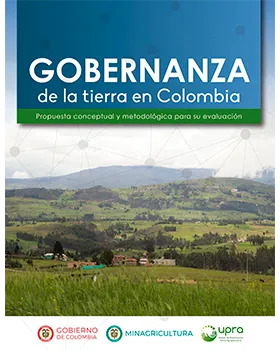
UPRA undertook the task of adapting the "Land Governance Assessment Framework" (LGAF) for Colombia by configuring an instrument that could be applied continuously, depending on the country's rural, economic and social planning. As a result, a set of indicators was obtained used as input for the methodological proposal and structuring of baseline indicators for monitoring and evaluating public policies related to social planning of rural property and the rural land market.
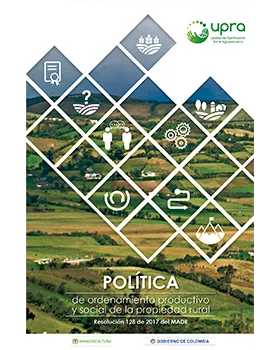
The policy for productive and social planning of rural property (POPSPR in Spanish) is a set of actions carried out by the Government to trigger a process of participatory planning and multisectoral management of a technical, administrative and political nature, which contributes to solving problems associated with management of agricultural uses and rural land tenure, so as to improve or maintain an adequate balance between agricultural, livestock, forestry, aquaculture and fisheries production, efficient land use, competitiveness and social, environmental and economic sustainability.


